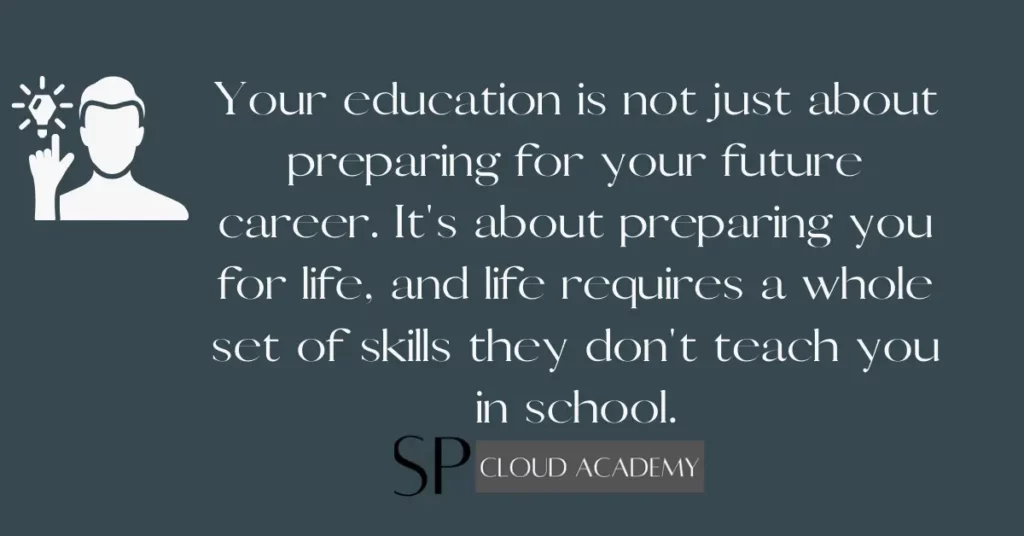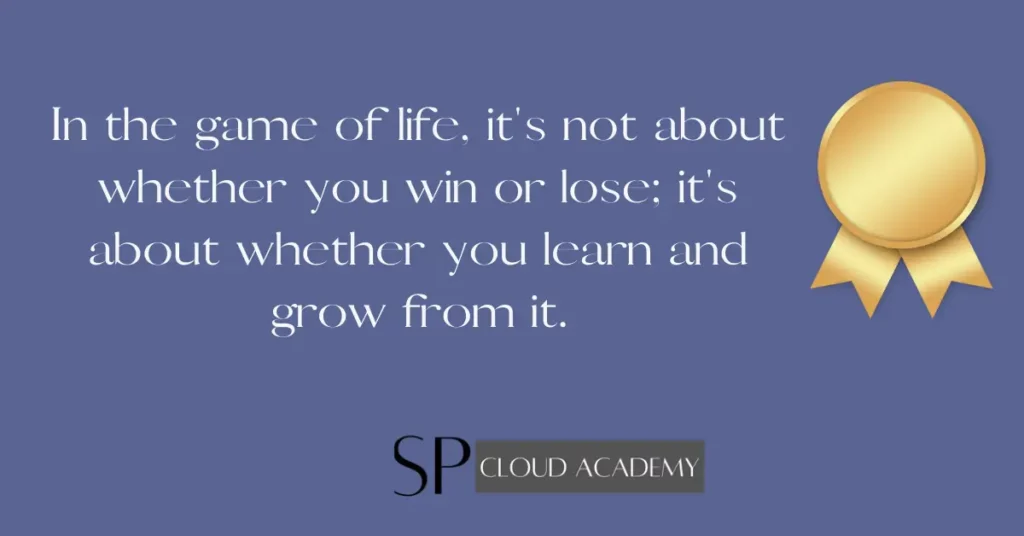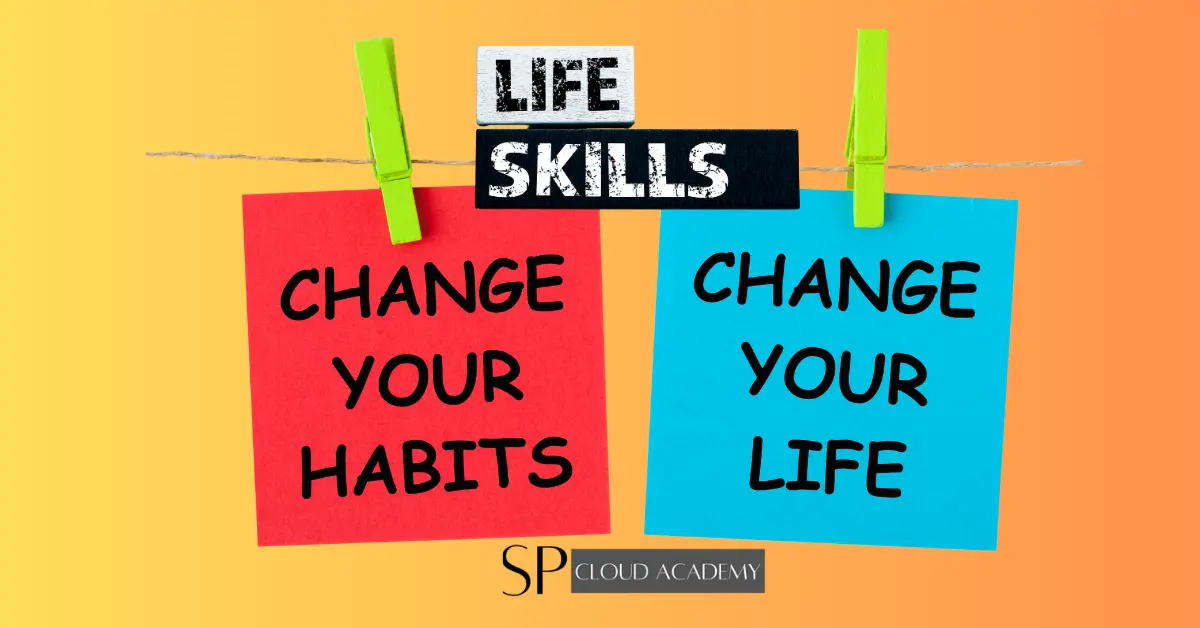Life skills are a set of essential abilities and competencies that individuals need to navigate and succeed in various aspects of life. These skills are not limited to academic or technical knowledge but encompass a wide range of practical and interpersonal abilities.
Life skills are typically divided into several categories:
- Communication Skills: Effective communication is crucial in both personal and professional life. It includes listening, speaking, writing, and non-verbal communication skills.
- Problem Solving: The ability to identify, analyze, and solve problems is essential. Critical thinking and decision-making skills are part of this category.
- Decision-Making: Making informed decisions involves evaluating options, considering consequences, and choosing the best course of action.
- Time Management: Managing time efficiently helps individuals meet deadlines, reduce stress, and achieve their goals.
- Organization: Being organized involves maintaining order in your physical and digital spaces, which can improve productivity and reduce stress.
- Financial Literacy: Understanding personal finance, budgeting, saving, investing, and managing debt are vital for financial well-being.
- Emotional Intelligence: This involves recognizing and managing one’s emotions, as well as understanding and empathizing with the emotions of others.
- Stress Management: Learning how to cope with stress and maintain mental well-being is crucial for a healthy life.
- Resilience: Resilience is the ability to bounce back from setbacks and adversity, adapting to challenging circumstances.
- Assertiveness: Being able to express one’s needs, opinions, and boundaries in a respectful and confident manner is important for healthy relationships and personal growth.
- Conflict Resolution: Effective conflict resolution skills help individuals manage and resolve disputes peacefully.
- Interpersonal Skills: Building and maintaining positive relationships with others, including communication, empathy, and teamwork, are vital life skills.
- Adaptability: In a rapidly changing world, the ability to adapt to new situations and learn new skills is essential.
- Self-motivation: Staying motivated to pursue goals and overcome obstacles is a key factor in achieving success.
- Networking: Building and maintaining a professional network can open doors for career opportunities and personal growth.
- Digital Literacy: In today’s digital age, understanding technology and using it safely and effectively is important.
- Health and Wellness: Taking care of one’s physical and mental health through proper nutrition, exercise, and self-care is essential for a fulfilling life.
These life skills are not only important for personal development but also for success in education, career, and relationships. Developing and honing these skills throughout one’s life can lead to greater overall well-being and success in various aspects of life.
“Everyday of your life is a another lesson. If you learn the lesson well and apply it; whether positive or negative, you determine what happens in your tomorrow.”
― David Kofi Awusi


Change your habits, change your life
“Change your habits, change your life” is a well-known mantra that highlights the profound impact that our habits can have on our overall well-being and the course of our lives. It suggests that by making intentional changes to our daily habits, we can create positive transformations in various areas, including health, productivity, happiness, and success. Here are some key points to consider regarding this concept:
- Habits Shape Your Life: Habits are routines or behaviors that we engage in automatically, often without conscious thought. They have a cumulative effect on our lives over time. Positive habits can lead to personal growth and success, while negative habits can hinder progress and well-being.
- Small Changes Matter: You don’t need to overhaul your entire life to experience meaningful change. Often, it’s the small, consistent adjustments to your daily habits that can yield the most significant results. This is often referred to as the “power of incremental change.”
- Identify Your Goals: Before you can change your habits, it’s essential to identify the specific areas of your life that you want to improve. Whether it’s getting in shape, becoming more organized, advancing in your career, or achieving personal goals, having a clear vision of what you want to achieve is crucial.
- Replace Negative Habits: Instead of merely trying to eliminate a bad habit, it’s often more effective to replace it with a positive one. For example, if you’re trying to quit smoking, you might replace the habit of smoking with the habit of going for a walk whenever you have the urge to smoke.
- Consistency is Key: Establishing new habits and making lasting changes in your life requires consistency and commitment. It can take time for new habits to become ingrained, so be patient with yourself.
- Accountability and Support: Sharing your goals with a friend, family member, or a support group can help you stay accountable and motivated. They can offer encouragement and celebrate your successes with you.
- Track Your Progress: Keep a journal or use habit-tracking apps to monitor your progress. Tracking your habits can provide insights into your behavior and help you stay on course.
- Self-Reflection: Periodically reflect on your habits and their impact on your life. Ask yourself if they are aligning with your goals and values. Adjust your habits as needed to stay on track.
- Mindfulness and Self-Awareness: Developing mindfulness and self-awareness can help you recognize triggers for negative habits and make more conscious choices.
- Celebrate Success: Celebrate your achievements and milestones along the way. Recognizing your progress can reinforce your commitment to positive change.
In summary, changing your habits can indeed change your life. By identifying your goals, making deliberate changes to your habits, and staying committed and consistent, you can create a positive ripple effect in various aspects of your life and ultimately lead a more fulfilling and successful life.



